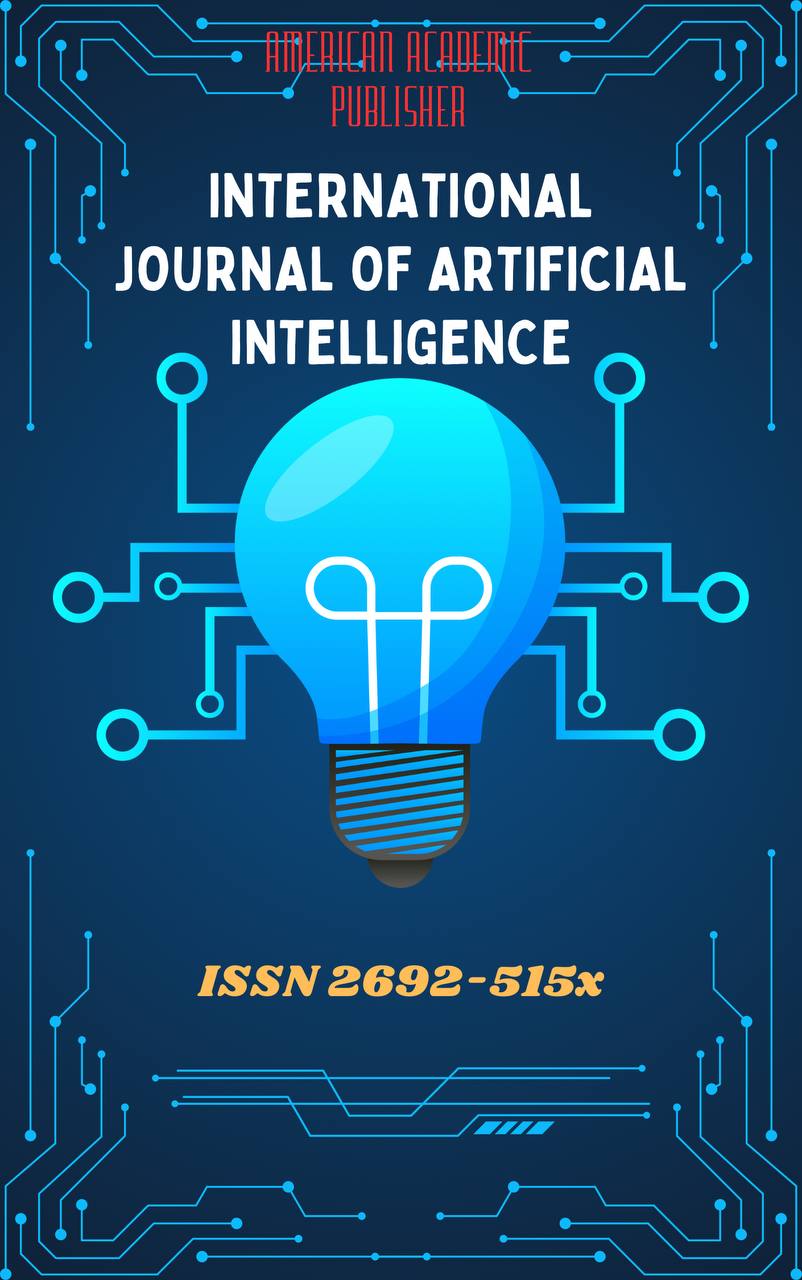 Articles
| Open Access |
Articles
| Open Access | RECREATING PEDAGOGY: STUDENT-CENTERED STRATEGIES FOR HOLISTIC ACQUIRING AND ENHANCEMENT
Boymurodova Feruza Ziyot kizi , Senior Teacher, MA international Education, Senior English teacher Uzbekistan State World Languages UniversityAbstract
Modern education is shifting to pay more attention to the needs of students. This essay talks about student-centered learning, which means that students take part in their own learning rather than just sitting back and listening to the teacher. It explains how this method helps students grow in all areas, not just in school, but also in their personal and social lives. People talk about ways to learn, such as doing group work, asking questions, and going at your own pace. The paper also talks about the problems, such as how to give fair tests to students and teach teachers how to use this new method. It shows that student-centered learning makes kids more sure of themselves, able to work on their own, and ready for the future.
Beyond the classroom, student-centered learning has several advantages. Students are more likely to feel pride in their work and a sense of ownership when they are actively involved in their education. Stronger interpersonal skills, more self-esteem, and an increased ability to handle difficulties in the classroom and in the real world can result from this. Although there are many benefits to student-centered learning, there are drawbacks as well. How to fairly evaluate students' progress is a big worry, particularly when they are learning at various rates or doing different kinds of assignments. The requirement for teachers to have enough training in order to successfully apply student-centered practices in their classrooms is another problem.
Notwithstanding these obstacles, the increasing demand for student-centered learning is indicative of a larger movement in education toward.
Keywords
Modern education, student-centered learning, individual needs, learning styles, collaborative learning, group work, inquiry-based learning, self-paced instruction, critical thinking, self-esteem, ownership of learning, real-world readiness, fair assessment, teacher training, lifelong success, adaptability.
References
Armbruster, P., Patel, M., Johnson, E., & Weiss, M. (2009). Active learning and student-centered pedagogy improve student attitudes and performance in introductory biology. CBE—Life Sciences Education, 8(3), 203–213. https://doi.org/10.1187/cbe.09-03-0025
Brookhart, S. M., & Nitko, A. J. (2019). Educational assessment of students (8th ed.). Pearson.
El Achi, D., Halabi, N. M., & Kaafarani, B. R. (2019). Transformative education: Students in the spotlight—A holistic pedagogical approach. Science Journal of Education, 7(5), 107–113. https://doi.org/10.11648/j.sjedu.20190705.12
Germov, J. (2024, April 16). VU Block Model rewrites the book on effective pedagogy. The Australian. https://www.theaustralian.com.au/higher-education/victoria-uni-offers-its-successful-block-teaching-model-to-the-world/news-story/e83170a08a9d59f398f538d635d5f03b
Lovat, T., & Clement, N. (2016). Service learning as holistic values pedagogy. Journal of Moral Education, 45(3), 288–300. https://doi.org/10.1080/03057240.2016.1167022
(Reimagining South African Higher Education: Towards a Student-Centered Learning and Teaching Future, 2024b)
Shaikh, Z. (2023). Integration of digital pedagogy and development of holistic learning ecosystem for students: The teachers’ perspective. Journal of Educational Technology Systems, 52(1), 5–22. https://doi.org/10.1177/10567879231193729
Wang, L. (2023). The impact of student-centered learning on academic motivation and achievement: A comparative research between traditional instruction and student-centered approach. Journal of Education, Humanities and Social Sciences, 22, 346–353. https://doi.org/10.54097/ehss.v22i.12463
Ziyot qizi, F. B. . (2025). LANGUAGE DEVELOPMENT IN CHILDREN WITH DYSLEXIA: A COMPARATIVE STUDY. JOURNAL OF EDUCATION, ETHICS AND VALUE, 4(8), 51–53. Retrieved from https://jeev.innovascience.uz/index.php/jeev/article/view/1497
Boymurodova, F., & Sharipova , M. (2025). THE ROLE OF MANAGEMENT EDUCATION FOR UNDERGRADUATED STUDENTS IN HIGHER EDUCATION. International Journal of Artificial Intelligence, 1(2), 50–52. Retrieved from https://inlibrary.uz/index.php/ijai/article/view/72990
Article Statistics
Downloads
Copyright License

This work is licensed under a Creative Commons Attribution 4.0 International License.

